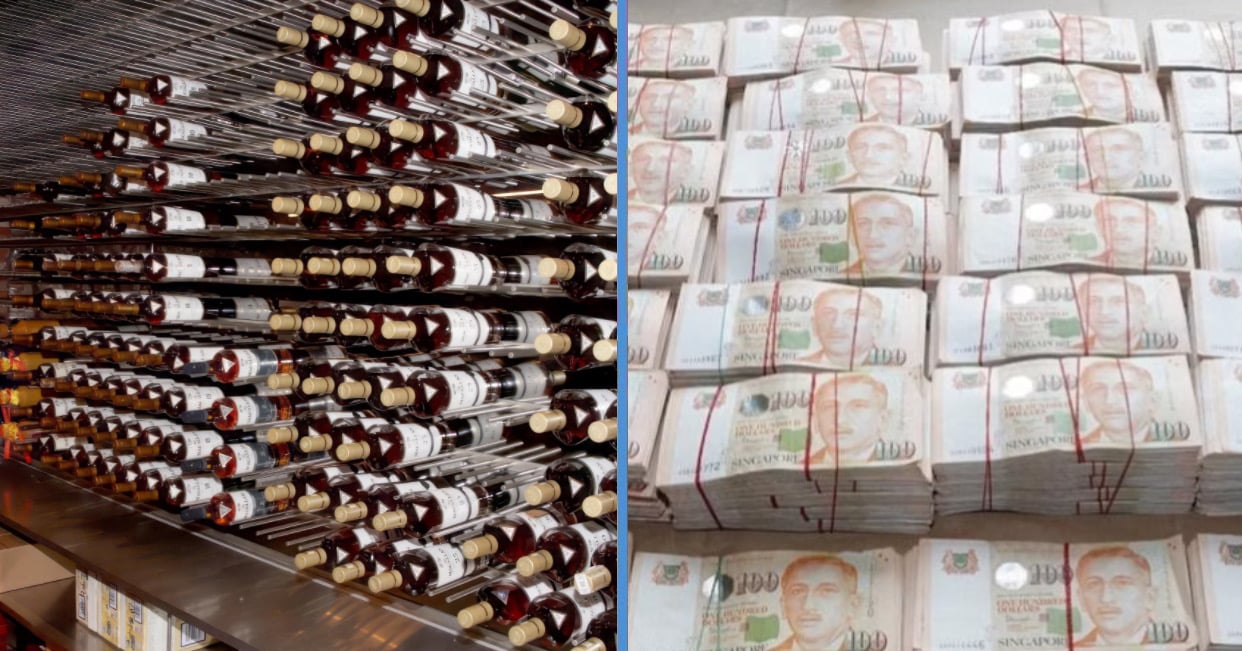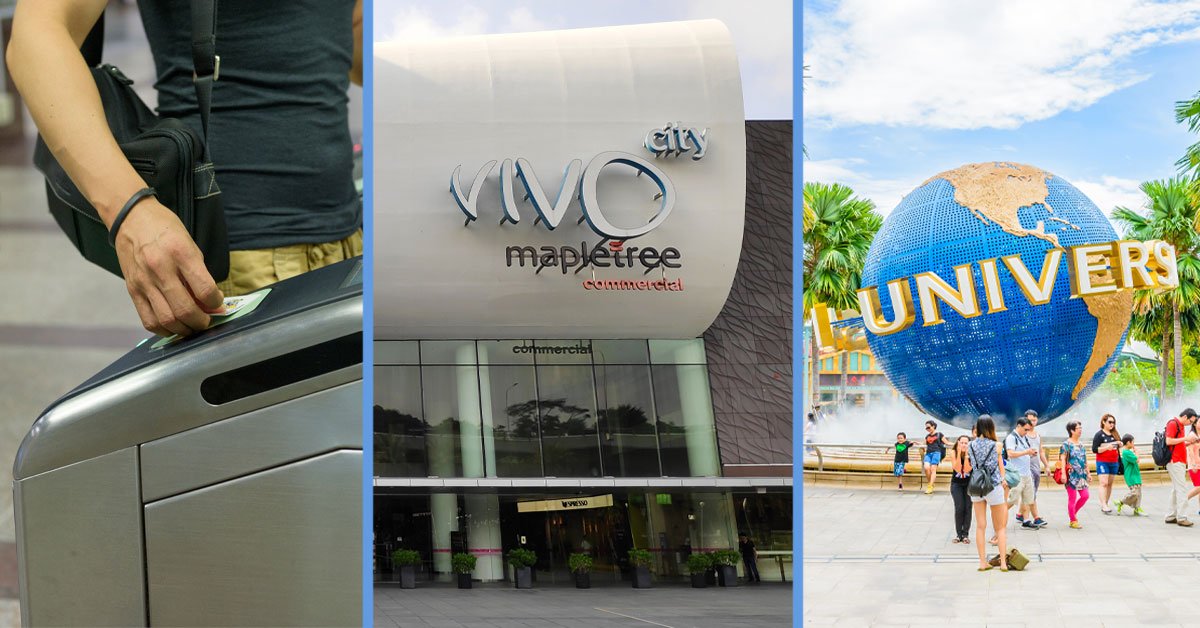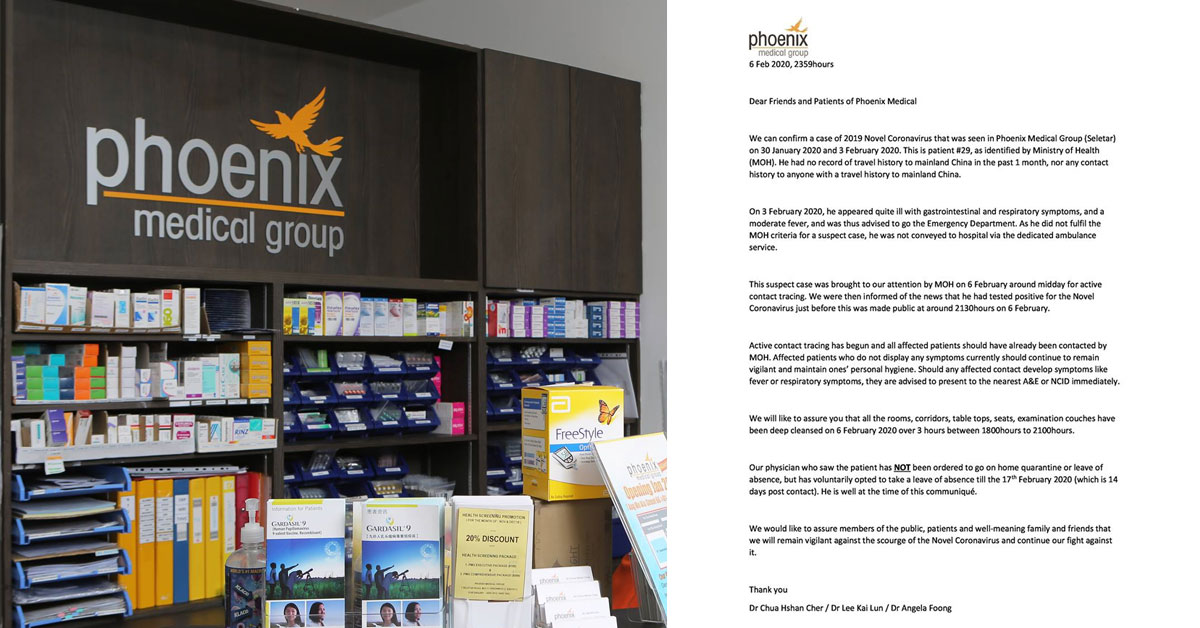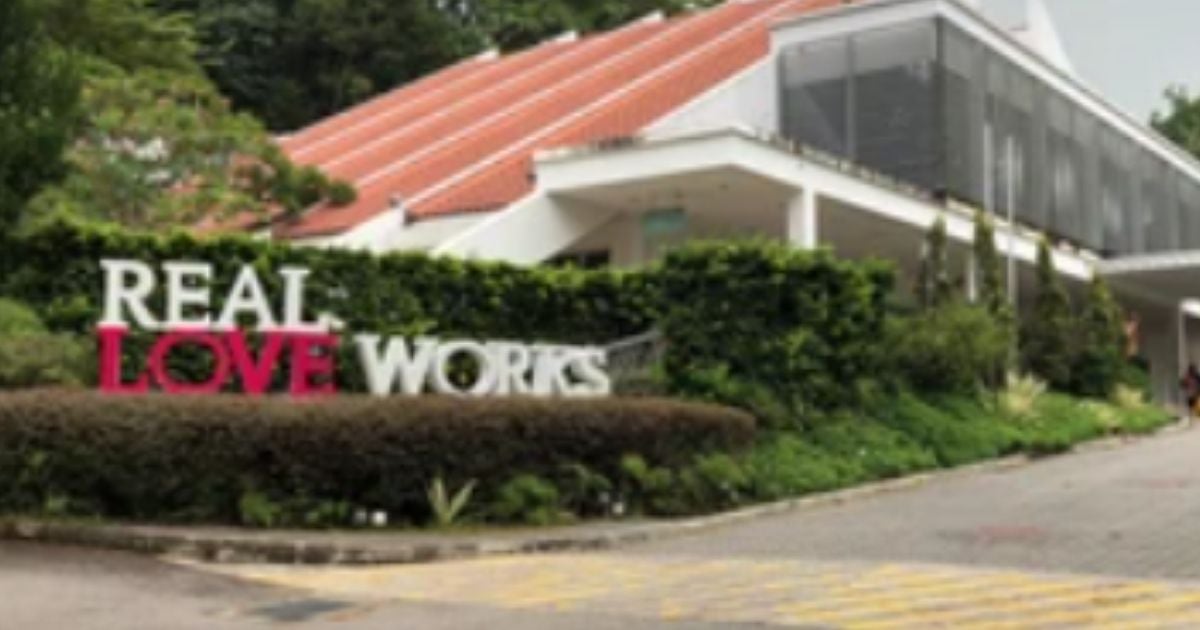Unless you live under a rock, you’ve probably heard of the $1 billion money laundering case allegedly involving a group of foreign nationals known as the “Fujian Gang”.
The cherry on top? The extravagant lifestyles members of the “Fujian Gang” live. From GCBs to Hermès slippers costing upwards of $1,000, you name it, they have it.
Insiders have recently revealed more information about the $1 billion money laundering “gang”. Here’s everything you need to know.
Shops and Restaurants Opened By Accused Persons to Launder Money; Restaurants Expanding Even During COVID-19
If you don’t know how money laundering works, Goody Feed’s Blue Cats explain it to you here:
But, how exactly did the accused persons in the $1 billion money laundering case do it?
The phrase “don’t put all your eggs in one basket” holds true for these foreigners—they did it through shops, restaurants, nightclubs, GCBs and even liquor.
Let’s see how they laundered their money using shops and restaurants first.
According to insider information provided to Lianhe Zaobao, those with a keen eye would notice several empty storefronts along Orchard Road—shops selling small trinkets with nearly no customers.
Like that, confirm lose money, no meh?
That’s the whole point.
If a business is losing money, it makes sense for you to funnel money to it. If a business is already in its “heng, ong, huat” era, it’s suspicious if you funnel more money into it.
In a way, these empty shops provide a good excuse for the accused persons to launder, ahem, I meant, funnel money to the businesses.
The next time you walk down Orchard Road, perhaps keep your eyes peeled for storefronts that fit such descriptions.
Restaurants too.
The insider also revealed that these accused persons would launder money through restaurants—even during COVID-19 when many other businesses had to wind up, these restaurants were expanding.
One particular restaurant had added up to five additional storefronts.
Perhaps they had a side hustle of reselling masks on “Carou-hell”.
Investing in the Education Sector
That’s far from all they have up their sleeve.
These foreign nationals would also actively invest in credible sectors like education to heighten their legitimacy.
Some would even directly approach educators and offer money to support the establishment’s operations.
Hm. I think this gives all those traumatised by Kumon in their childhood a good reason to boycott it (just kidding, please don’t).
Spending Big at Casinos, Opening Nightclubs
Another method commonly deployed is to spend big at casinos.
Cue the God of Gamblers theme song.
And you can bet your bottom dollar (pun intended) that these money launderers won’t even care if they lose money.
Say you take $1 million to the casino but lose $200K in the process—it doesn’t matter. At least your remaining $800K is now clean.
Mission accomplished. Money successfully laundered.
This strategy isn’t just used in casinos; it’s also used in nightclubs on an even grander scale—some even open their own nightclubs for their “gang” to spend at.
How it works is this: Today, you bring your friends to my nightclub to spend and “clean” your money. Tomorrow, I do the same, but at your nightclub. It’s not unusual to see tens of thousands spent in one night.
Everyone earns a little money, and now your otherwise “dirty” money is successfully laundered.
(SPF, if you’re reading this, we swear this is merely for educational purposes.)
Community Organisations Involved in Money Laundering Operations
The next method on the list: donating to community organisations.
Yes, you read that right. Even community organisations are involved now.
Insiders have revealed that several community organisations are involved in these accused persons’ money laundering operations.
And yes, the “Fujian Gang” does this as well.
A few accused persons in the $1 billion money laundering saga allegedly donated to multiple community organisations, earning themselves prestigious titles such as “Honorary Chairman”.
Yikes. Put that on your LinkedIn.
Engaging the Services of Chefs, Singers, Personal Drivers, University Graduates and Body Guards
Are you missing your hometown cuisine? Well, even if you don’t, it seems like the alleged “Fujian Gang” members do.
According to Lianhe Zaobao, another money laundering method was this: paying to engage professional services. This includes hiring chefs, singers, personal drivers and even bodyguards.
Several members of the alleged “Fujian Gang” would frequently fly top chefs from five-star hotels in Fujian to Singapore to whip up a few dishes.
Cook finish, then balik kampung liao lor.
Famous singers from Fujian are also flown out to Singapore for the sole purpose of performing for these mysterious individuals.
No need for Apple Music or Spotify Premium; they can afford way more than that.
These criminal minds also thought to launder their money by spending on personal drivers—these drivers, mostly Malaysians, are paid up to $4,300 per month.
These drivers usually work in two shifts: picking up and dropping off children for classes in the day and then driving the “masterminds” to social events in the evening.
These drivers even get $1,000 red packets on their birthdays or their children’s birthdays.
Wah. Can hire me also?
The members of the alleged “Fujian Gang” also allegedly hired university graduates as assistants to review English documents. Bodyguards are also hired for, well, safety.
Well, ten of them still got arrested in the end, so… Not so safe after all, eh?
Renting GCBs and Other Expensive Properties
Of course, the standard method is also used: laundering money through properties. Commonly, GCBs.
It’s a double bonus: you get to “clean” your money and also get a luxurious home to live in. What’s not to love?
Further, you’ll earn a windfall when you eventually sell your home (thanks, property market…).
It’s no secret that we’ve seen multiple high-value property transactions in recent years, and many have speculated that those responsible for these transactions are part of the “Fujian Gang”.
For instance, last June, we saw a GCB in Queen Astrid Park rented out for $200K monthly. That adds up to $2.4 million annually.
Rental for GCBs in Dalvey Estate and Fourth Avenue can reach as high as $150K per month.
For context, rental for GCBs usually does not go beyond $100K per month.
Other insiders also reveal that certain properties belonging to accused persons involved in the $1 billion money laundering saga cost upwards of $20 million. These properties even have pools and a private dock for the accused person’s yacht.
Money grow on tree ah?
To throw authorities off their trail, these wealthy individuals would usually approach multiple property agencies to spread out their risk.
Even for law firms, these individuals would usually have smaller firms handle their property transactions as they are less likely to conduct extensive background checks.
Checkmate lor.
One last thing about property transactions: many also enter into these property transactions under their company’s names rather than their own.
I mean, if you owned a GCB, would you rather rent to a semi-credible company or Ah Seng? The answer is clear.
A side benefit is that rental would be deducted from the company’s accounts rather than the individual’s. Better for optics.
Maseratis, Rolls-Royces, and Other Luxury Cars
Shops, restaurants, casinos, nightclubs, donations, professional services, properties. What’s next?
Luxury cars lah. Still got what?
Take a walk around the properties of these wealthy individuals, and you’ll likely spot a number.
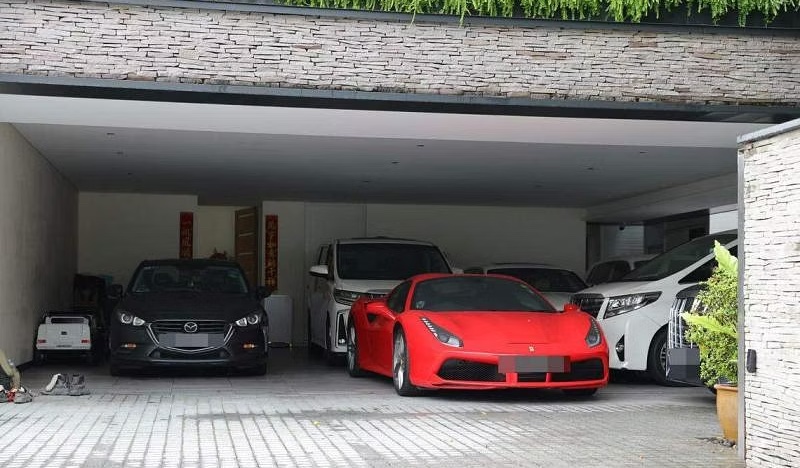
From Maseratis to Rolls-Royces, you name it, they have it.
It doesn’t help that these luxury cars have a distinctive matte finish, single-digit license plates, and flashy colours like green and yellow. Some individuals even make the strange decision to make their Rolls-Royce black and pink.
Perhaps someone really likes Blackpink.
If you paid attention to the photos released by the Singapore Police Force upon the arrest of the ten foreigners in the $1 billion money laundering saga, you’ll notice that the individuals have quite an extensive liquor cabinet.
Well, kind of, but not really; it’s mostly Macallans, but most of us can never imagine even having this many bottles of liquor sitting around in our cabinets.
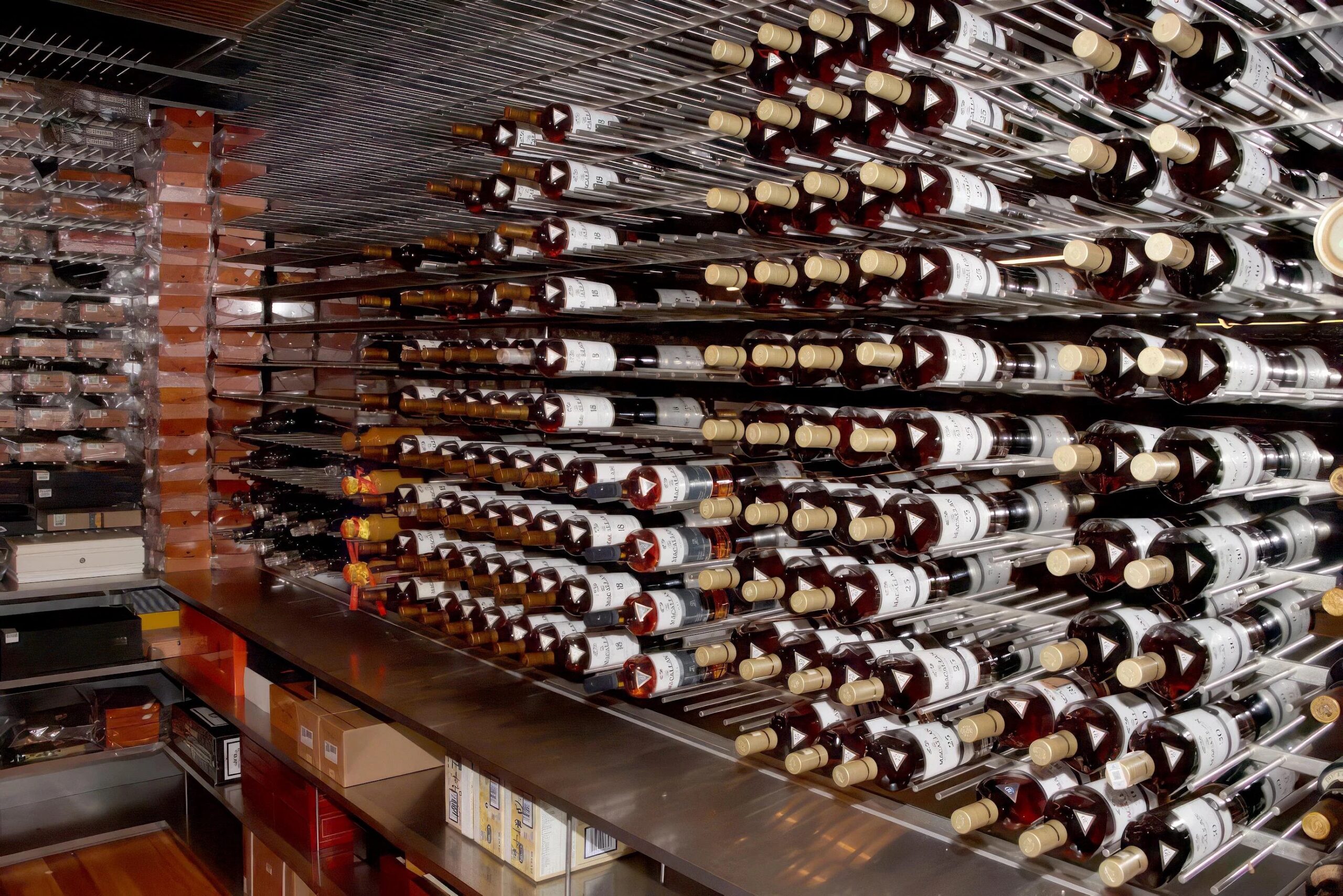
The Macallans in the photo include 30-year Sherry Oaks costing approximately $13,000 per bottle, 25-year Macallans costing up to $6,000 per bottle, and 18-year Macallans costing around $1,000 per bottle.
Other liquors in the photo include four bottles of 30-year Maotai, which can cost up to $15,000 per bottle in restaurants.
That brings us to… hundreds of thousands of dollars spent on liquor alone.
It’s rare to be able to walk into a liquor store and bring these premium liquors home on demand. Most of these premium liquors are imported in bulk from overseas or brought back on private flights.
Shiok.
This doesn’t even include the cigars found in the accused persons’ homes—specifically, Cohiba cigars, which cost upwards of $4,000 per box.
The cigars alone total several hundred thousand dollars as well.
You know what? I will stick to my kopi o peng and McDonald’s fries.
